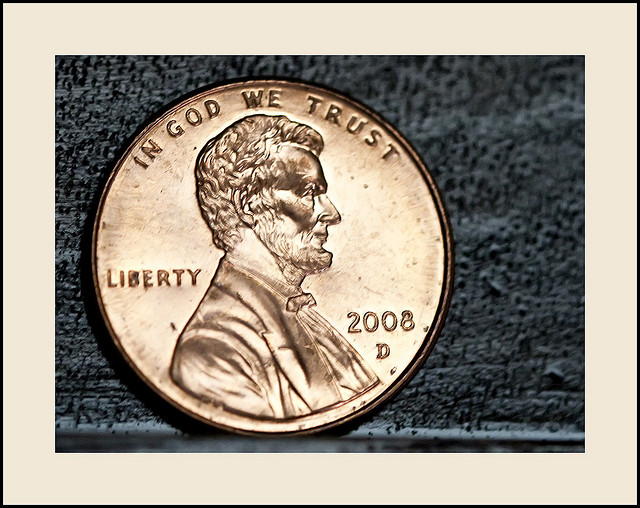“You can be the ripest, juiciest peach in the world, and there’s still going to be somebody who hates peaches.”
—Author Unknown
We live in a world of astounding abundance and variety. Consider the number of choices we have these days in the following areas:
- Food choices in your local market
- Television stations offered by your cable or satellite provider
- Beverage choices at the coffee shop
- Menu options at your favorite restaurant
- Mobile apps and social media sites
- The vehicles we choose to drive
EXERCISE:
How can you spend more of your professional and personal life with the “peach lovers” instead of driving yourself crazy trying to please everyone?





